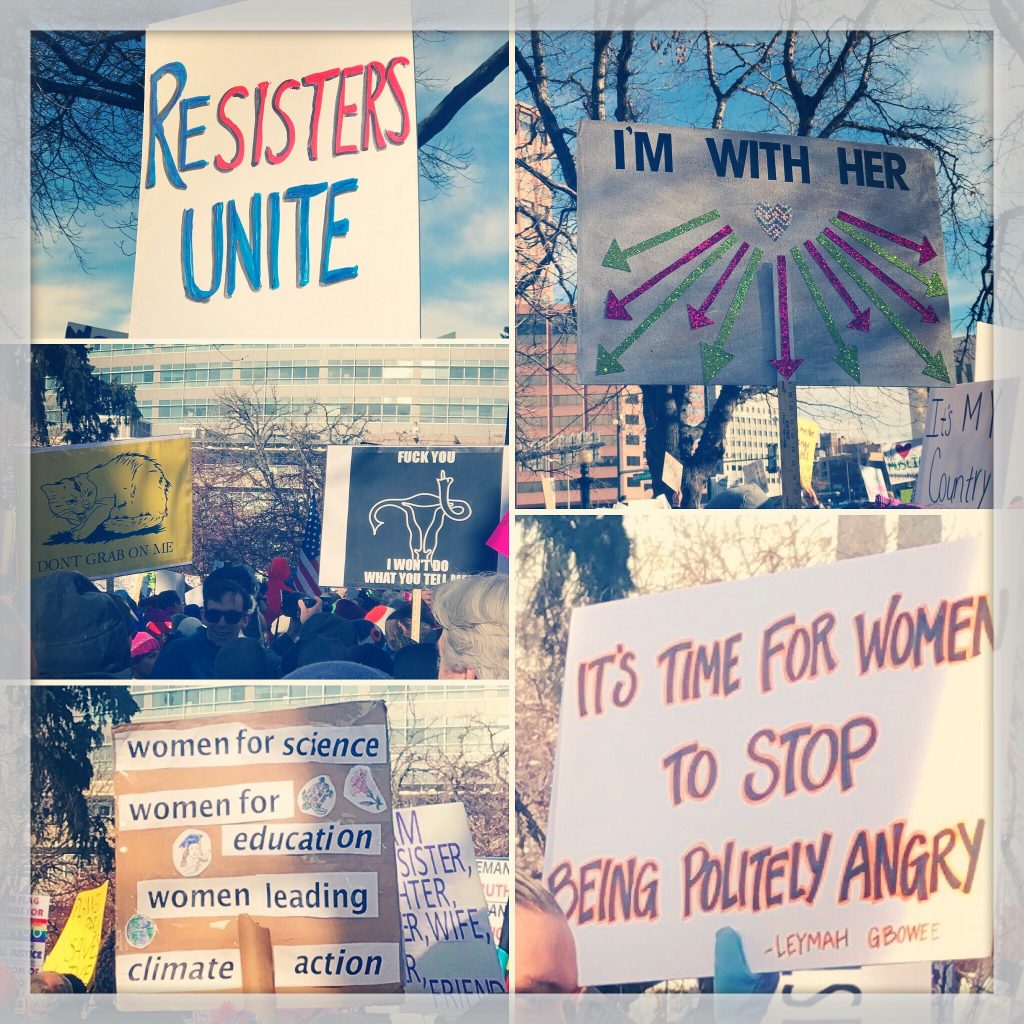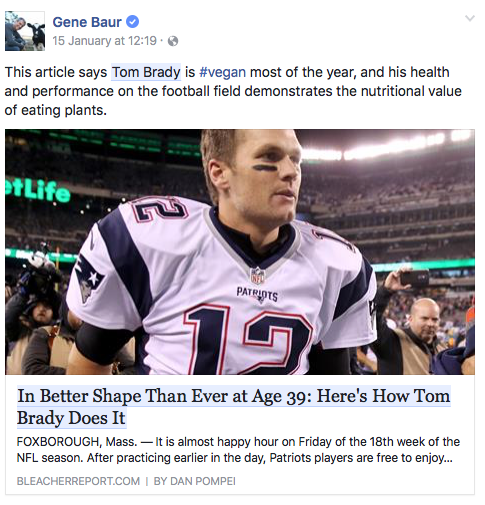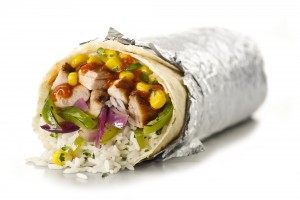Anyone following US news over the past weeks surely knows about the effects (intended or not) of the Trump administration’s recently instituted zero tolerance policy on unauthorized border crossings — now, even those claiming asylum status, if not entering at an authorized point of entry, risk having accompanying minors taken away form them, inasmuch as the adults are now being charged with a crime and, once in the criminal justice system, are disallowed from carrying out normal parenting duties.
That these now unaccompanied children are being held in various locales around the US (including tent cities and in what certainly seems to be hastily created facilities in what were once so-called big box stores), with no indication when they will (or even if they will) be reunited with their parents, has caused outrage in the past days among some while, for others, has prompted strong defenses of the policy (which has been described by supporters of the administration as not being a policy at all but, instead, the sad effect forced on them by what they term “a broken immigration system”). Continue reading ““…, built walls out of chain-link fences.””











